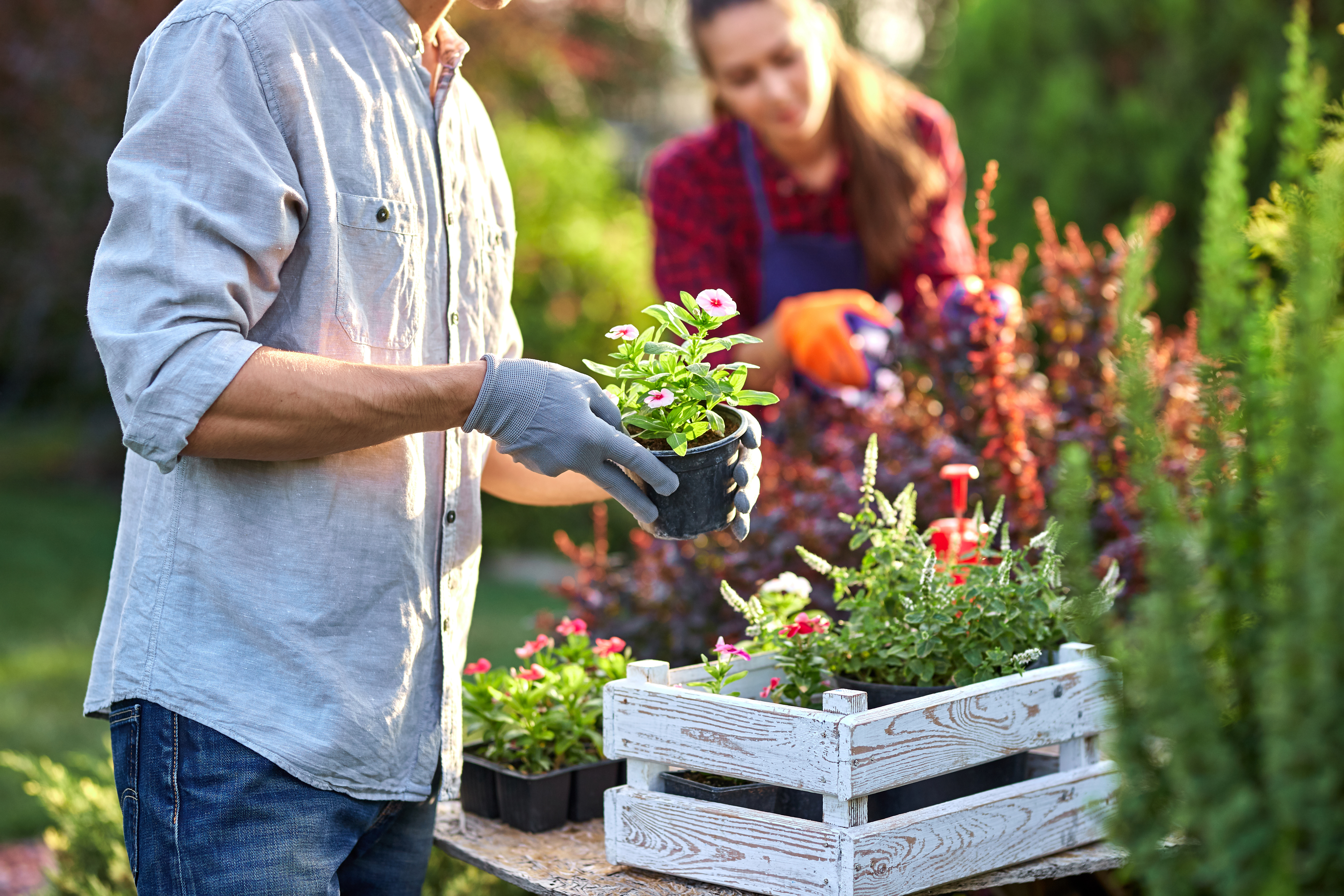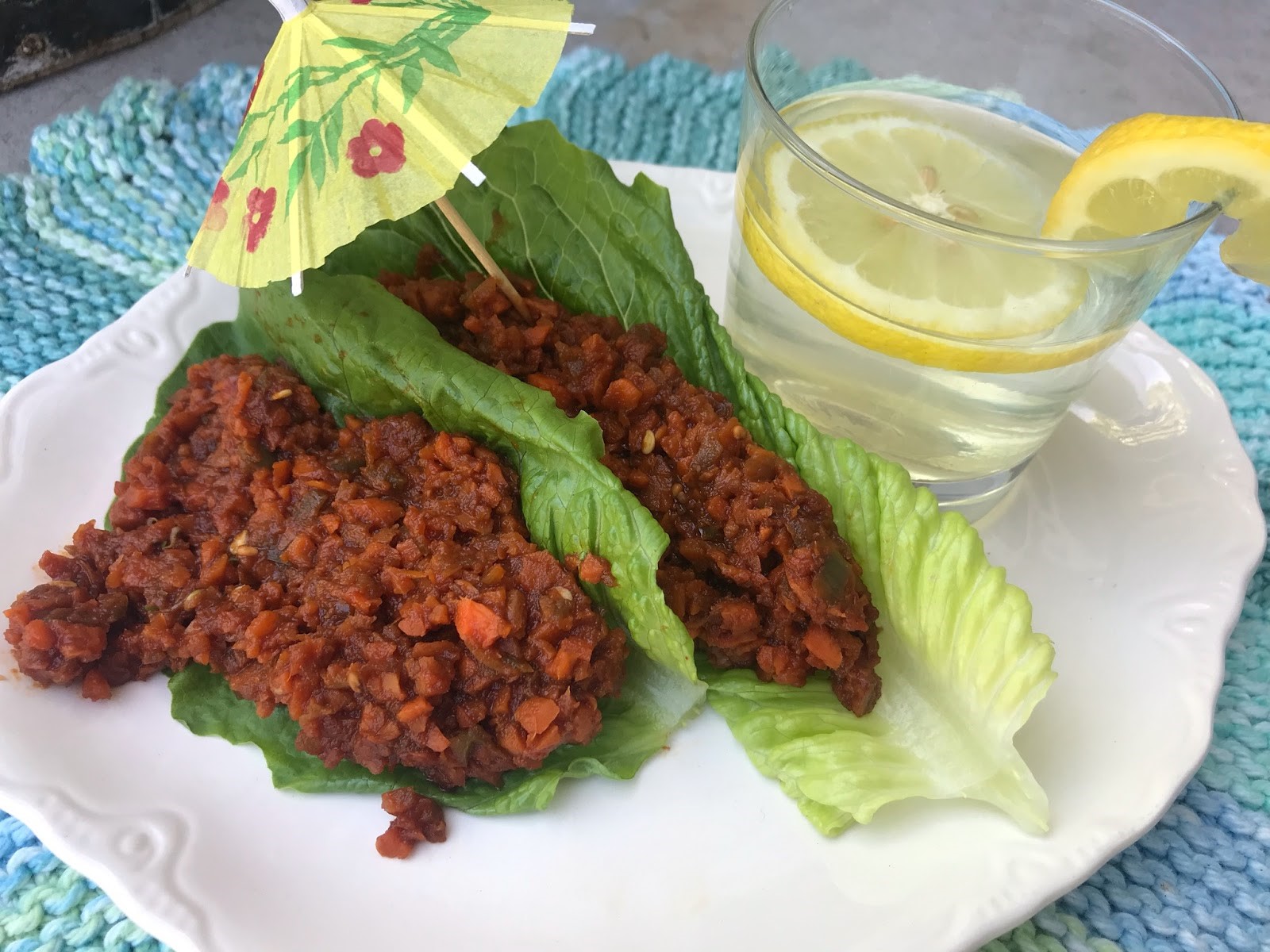Grow an Immunity Garden
Published: Wed, 06/12/19
June 12, 2019
Grow an Immunity Garden Jo Francks, M.H.
“When you are prepared you need not fear,” is a quote I have heard many times in my life. After learning about herbs and their healing qualities my family never once went to a doctor for an illness. I learned about the herbs that would keep us well and help us heal and have been using them regularly for years. It may surprise you that when I learned a few herbs very well and got to know how they worked I found I didn’t need a large selection. I use what is nearby and what I grow without too much trouble.
Here are a few herbs I have come to rely on for immunity. I grow and harvest these herbs through the summer to be used in the winter during the cold and flu season.
Calendula officinalis: This is sometimes called marigold or pot marigold but should not be confused with the marigold in the Tagetes family. They don’t have the same principles. Calendula flowers are well known for their use externally to heal wounds, prevent infection, reduce inflammation, and ease pain. Internally it is great as a diaphoretic, immune stimulant and expectorant for coughs. The tea of the flowers is used as a mouth wash for tooth and gum complaints or as a gargle for sore throats. We also use the tea to ease a cough and at the first sign of a cold. This herb is a must in any herb garden for me. It can be made into a tincture, ointment, or glycerin extract.

Echinacea purpurea or Echinacea angustifolia: There are a few varieties of Echinacea. I have found that the easiest to grow is Echinacea purpurea or purple coneflower but would prefer to use Echinacea angustifolia because it has a long taproot that is easy to harvest. The flowers are a beautiful purple color and lasts a few weeks in the garden. The root is the most medicinal but the leaves and flowers can be used throughout the growing season. They can be dried for teas or used as a poultice for bug bites or wounds. I also put the leaves in smoothies for added immune function. This is one of the first plants I learned about as being a natural antibiotic. I harvest the root of the plants that are at least 3 years old, wash them tediously and use the fresh root in a tincture or dry them and make other extracts. When used at the first sign of a cold it works very well to prevent an illness. I love having Echinacea on hand to use when needed.
Garlic Allium sativum: Nature’s antibiotic. Books have been written on the virtues of garlic. Eat it and the smell alone will keep the illnesses away and your friends and your family☺. I had a child that would make the garlic and honey remedy for sore throats and eat it as a snack. It kills infection, gets rid of parasites, prevents some cancers from forming, removes warts, helps to lower cholesterol and high blood pressure and protects the liver. Once garlic gets established in the garden you will never be without it.
Red Raspberry Leaves Rubus idaeus: This herb has been called the woman’s herb, the children’s herb, the pregnancy herb etc. Harvest the leaves all summer and dry them. Most likely there will be someone you will want to share them with so gather extra. This tea is mild and useful for colds. It cleanses the mucus membranes, increases immune function and is very nutritive. We use it in sweat baths as a diaphoretic tea when we are dealing with a fever because it tastes better than Yarrow tea and the kids will drink it without complaining.
There are many other herbs that are worth growing in an immunity herb garden like cayenne, thyme, lemon balm, red clover, plantain, rose hips just to name a few. They are easy to grow and it is very therapeutic so save money, grow herbs, make medicine, love life, and live long and healthy.
Jo Francks is a Master Herbalist working at The School of Natural Healing.
Printable Version: http://herballegacy.com
If you missed an article be sure to visit http://www.herballegacy.com and click on Articles. Also, take advantage of David Christopher's Radio Show (see Resource Links below for more information).
David Christopher is now on Twitter!
You can follow David @DChristopherMH
Herbal Resource Links
This newsletter is sent by permission only - you can unsubscribe quickly and easily by clicking the link below.
.

Buy a course from us this Spring and get 10% off your purchase!
Apply this code at the checkout: SpringClean2019
Sale ends June 21, 2019

A Healthier You Radio show is back!
Listen live every Monday morning at 11:30 Mountain Time.
Click here for the link to listen to our live show
David Christopher is now on Twitter!
You can follow David @DChristopherMH
Sloppy Jack

Sloppy Joes are made with meat. So, we decided Jack is vegan :)
1 lb. carrots
1 ½ c. tomato puree
½ onion
½ bell pepper
3-4 cloves garlic
1T. Black strap molasses
1T. Liquid aminos
1 t. Himalayan salt
1 t. Smoked paprika
½ t. Dry mustard
1-2 T. oil (I used coconut oil)
Process the carrots, onion, bell pepper, and garlic cloves in a food processor or finely chop them. Place in a pan with oil and sauté until soft. Add the rest of the ingredients and let simmer for 5 minutes to let the flavors meld. Place on a lettuce leaf or serve on buns. Serves about 5 people. Delicious great meat alternative!
Recipe by Kelly Pomeroy
Printable Version: http://herballegacy.com

Sloppy Joes are made with meat. So, we decided Jack is vegan :)
1 lb. carrots
1 ½ c. tomato puree
½ onion
½ bell pepper
3-4 cloves garlic
1T. Black strap molasses
1T. Liquid aminos
1 t. Himalayan salt
1 t. Smoked paprika
½ t. Dry mustard
1-2 T. oil (I used coconut oil)
Process the carrots, onion, bell pepper, and garlic cloves in a food processor or finely chop them. Place in a pan with oil and sauté until soft. Add the rest of the ingredients and let simmer for 5 minutes to let the flavors meld. Place on a lettuce leaf or serve on buns. Serves about 5 people. Delicious great meat alternative!
Recipe by Kelly Pomeroy
Printable Version: http://herballegacy.com
Herbal Resource Links
- Herbal Legacy - http://www.herballegacy.com - Our free information website
- The School of Natural Healing - http://www.snh.cc - Quality Education since 1953
- Christopher Publications - http://www.christopherpublications.com - Dr. Christopher's books and more
- Christopher Websites - http://www.christopherwebsites.com - Find all Christopher websites and other great resources
- A Healthier You Radio Show - http://www.ahealthieryouradio.com - Free weekly radio show
This newsletter is sponsored by:
The School of Natural Healing: http://www.snh.cc
Christopher Publications: http://www.christopherpublications.com
The School of Natural Healing: http://www.snh.cc
Christopher Publications: http://www.christopherpublications.com
NOTICE: All information in this newsletter is given out as information only and is not intended to diagnose or prescribe. For our official Disclaimer, Biological Individuality, Important Notice & Terms of Use please see: http://www.herballegacy.com/Disclaimer.html
This newsletter is sent by permission only - you can unsubscribe quickly and easily by clicking the link below.
.

